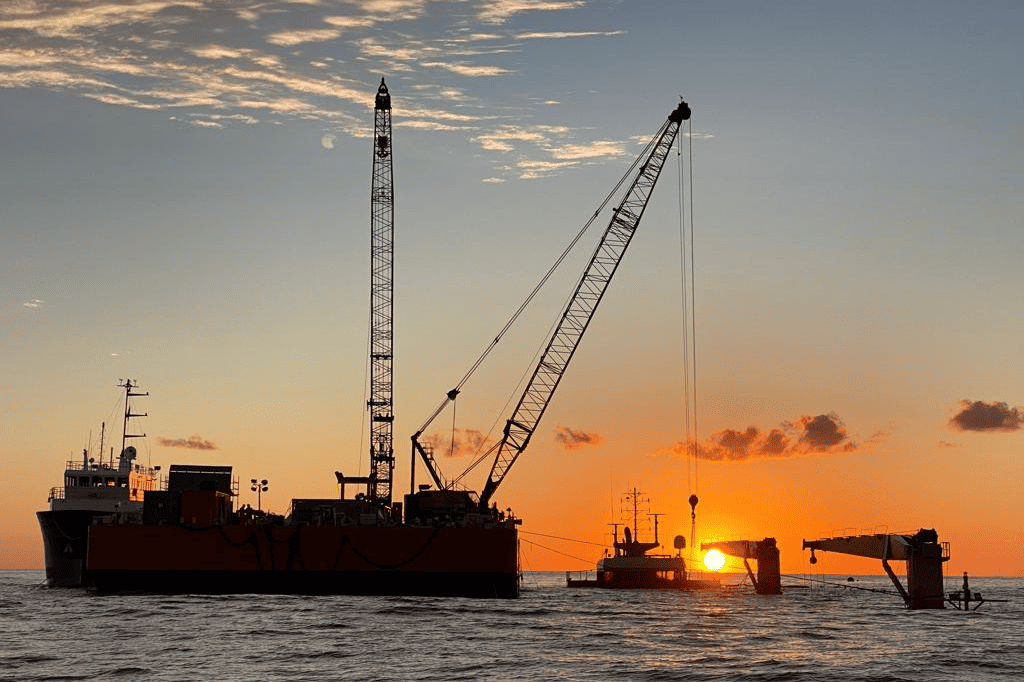

SCOPIC wording offers protection for salvage contractors

Salvors prefer rich pickings. Where, however, a ship has a low damaged value, and where there is no valuable cargo on board that can be saved, there is little to incentivise a salvor to undertake a rescue operation.
In the past, if the vessel grounded on or sank off the more remote shorelines of the world, the wreck often would be left in situ.
Attitudes changed, with the result that most such wrecks had to be removed, often at great expense, but no one solution was produced to encourage salvors to prevent such catastrophes.
Since 1999 and still today, SCOPIC (special compensation protection and indemnity clause) provides such a solution. As part of LOF, and at its simplest, it allows salvors to recover at least their expenses, at tariff rates, plus a 25 per cent uplift.
This exposure is covered by P&I, whereas any related conventional salvage claim remains covered by property underwriters. Checks and balances are in place, along with protocols to encourage co-operation between stakeholders, all designed to help ensure a smooth operation and a fair outcome.
On 1 August 2018 the committees that meet to discuss these matters under the auspices of Lloyd’s of London published the latest edition of SCOPIC. This incorporates changes that seek to tackle some of the tensions that inevitably arise in what can be an expensive and hastily planned operation that is frequently underway within hours of the casualty being reported.
The first issue addressed concerns the circumstances in which the salvage contractor should be entitled to withdraw from or terminate his involvement. Typically, the concern for the contractor is that he should be secured. Many ships are single entities and in addition, in such cases, there is likely to be no value in the property to arrest (if an arrest is possible). Therefore the prompt provision of a P&I letter of undertaking is key.
The contract provides that initial security of US$3m must be provided within two working days. If not, the contractor can withdraw from SCOPIC and pursue his rights under the LOF. If there is no prospect of a useful result under the ongoing LOF then he can be released from his obligation to provide best endeavours to salvage the property and withdraw from the underlying contract as well. These rights remain in place unchanged.
What the newly revised contract does is to address what happens when increased security is not forthcoming. Why should that happen?
The answer is that from time to time, once information emerges as to the circumstances of the incident and there has been a closer look at the terms of cover, protection and indemnity underwriters may decide to reserve, withhold or even withdraw cover.
With costs now exceeding the initial security, and possibly racking up very quickly, the salvor, if he is not going to have his demand for reasonable further security promptly met, needs an out.
Under new clause 4(ii) of SCOPIC he can do just that, namely exercise a contractual right to terminate both the SCOPIC and the underlying LOF. He is entitled to recover his reasonable expenses of demobilisation.
The second issue addresses what happens when the owner exercises his right to terminate, which can be done at any time on five days’ notice, but the local authorities will not allow the salvor to leave the scene.
Understandably, some authorities, under political pressure for example, are loath to allow the professionals to quit, even if the intention is to move away from a salvage towards a wreck removal tender, all of which takes time.
The concern here has also been that an unscrupulous salvor may not be able to resist the temptation to encourage the local authorities to insist that he remains on scene while he continues to earn his expenses plus the 25 per cent mark-up allowed by SCOPIC.
After much wringing of hands, the P&I community has allowed clause 9(ii) to remain intact with one subtle change, namely that the termination notice is inoperative if the salvor is ‘prevented’ from demobilising his spread by the local authorities.
Previously the test was that he be ‘restrained’ from so doing, thus imposing what my fellow lawyers would describe as a higher burden of proof upon the contractor to show that he is not being allowed to disband. No dramatic change there, you might say.
Finally, the revision addressed the unwelcome development of side letters or amendments to LOF that sought to alter its terms, for example by capping the salvage remuneration. This could prejudice P&I as well as cargo interests if the result is that they have a greater exposure to the operation’s cost.
The standard form of SCOPIC security under what is known as the International Salvage Union (ISU) 5 form, has been amended to include a clause that voids the P&I guarantee if there is any change to LOF whatsoever and that change is not pre-approved by the Club.
It might be said that these relatively minor changes to SCOPIC are a testament to its success in providing a working solution to such cases, enabling a hard-pressed salvage industry to continue to offer its services and earn a crust.
Reproduced with kind permission of International Tug & OSV magazine. View original article.

